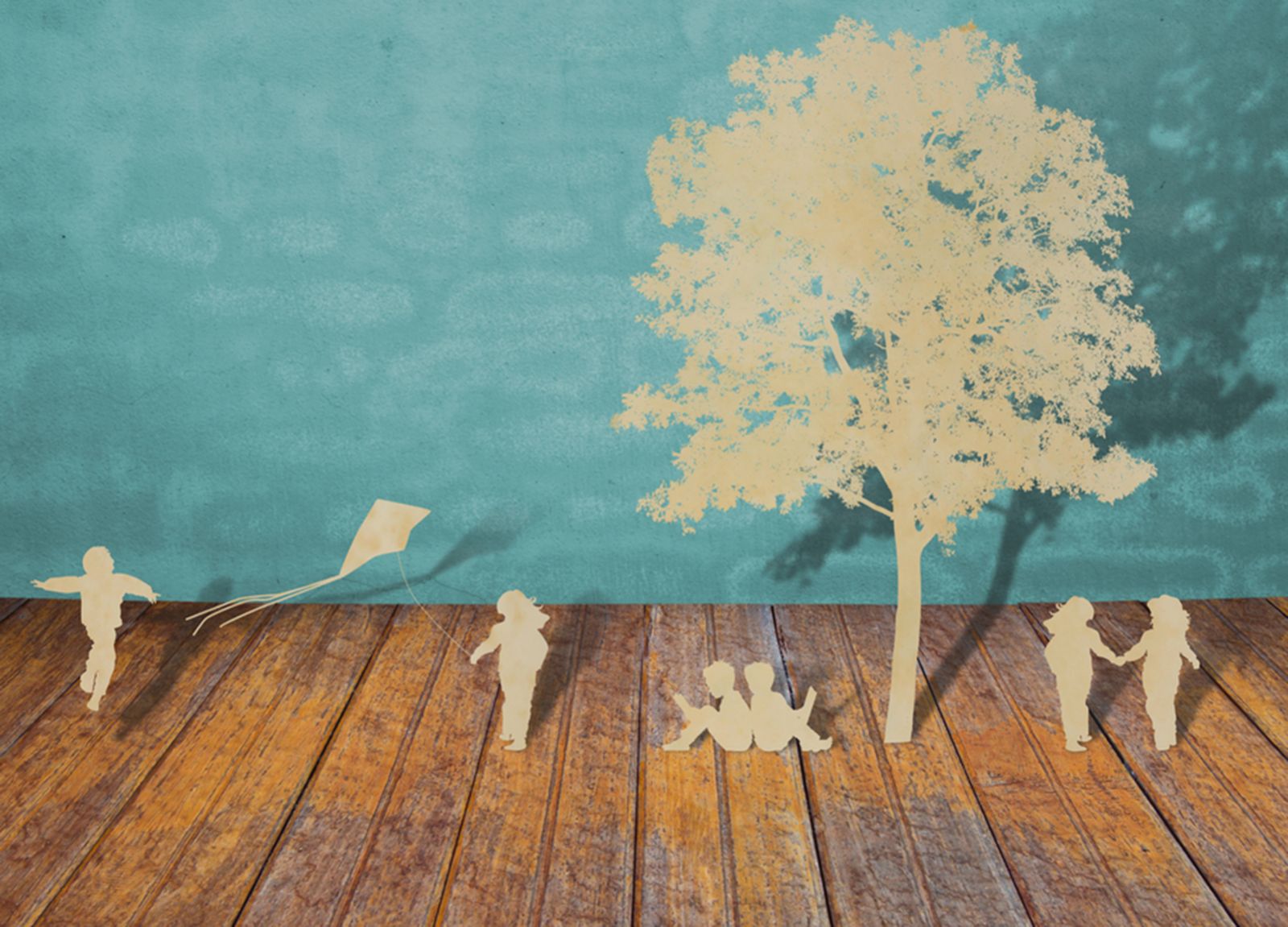
Overview
Welcome to Psychology 251/3.0, a course designed to give you a general introduction to the field of Developmental Psychology. This course will cover both theories and research concerning infancy, childhood, and adolescence. It has three major learning objectives. First, by the end of the course you are expected to be able to describe the onset and changes in various behaviors. This is the "what" question in developmental research. Second, you are expected to examine and critically evaluate theories that have been developed to explain children’s behavior and age-related changes in that behavior. This is the "why" question in developmental research. Third, you are expected to learn how developmental psychologists actually conduct experiments as they attempt to describe developmental trends and assess developmental theories. This is the "how" question of developmental research.
Most developmental psychologists study infants, children, or adolescents. Our course reflects this bias. It also reflects the influence of biology, anthropology, computer science, sociology, and medicine in the field of developmental psychology. This will become apparent as you work your way through the textbook. I hope that you will find the course intellectually fascinating as well as useful to examine both your own assumptions and those of our culture about children and their development.
Learning Outcomes
After completing PSYC 251, students should be able to:
- Describe the general course of typical development from conception to late adolescence in the cognitive, linguistic, emotional and social domains to recognize their effect on one another.
- Compare and contrast the major developmental theories and discuss the strengths and weaknesses of each theory.
- Discuss the different methods used in developmental psychology research and evaluate how these research methods are dependent upon the theoretical approach of researcher, developmental age of the participants and research question being asked.
- Recommend ways to promote children’s well-being and successful development, based on developmental research and theory.
- Critically discuss a variety of materials related to child development and effectively communicate ideas to different audiences.
- Collaborate with peers through problem-based learning activities to explore concepts and research related to child development.
Terms
Evaluation
TBA
**Evaluation Subject to Change**
Textbook and Materials
ASO reserves the right to make changes to the required material list as received by the instructor before the course starts. Please refer to the Campus Bookstore website at http://www.campusbookstore.com/Textbooks/Search-Engine to obtain the most up-to-date list of required materials for this course before purchasing them.
Required Textbooks
Siegler, R. S, Saffran, J.R., Graham, S., Eisenberg, N., DeLoache, J. S., Gershoff, E. How Children Develop, 6th edition. New York: Worth.
Time Commitment
Students can expect to spend approximately 10 hours a week (120 hours per term) in study, listening and online activity for this course.
Evaluation
TBA
**Evaluation Subject to Change**
Textbook and Materials
ASO reserves the right to make changes to the required material list as received by the instructor before the course starts. Please refer to the Campus Bookstore website at http://www.campusbookstore.com/Textbooks/Search-Engine to obtain the most up-to-date list of required materials for this course before purchasing them.
Required Textbooks
Siegler, R. S., Saffran, J., Eisenberg, N., Gershoff, E., Graham, S. (2020). How Children Develop, Canadian Edition, 6th edition. Macmillan Learning.
Time Commitment
Students can expect to spend approximately 10 hours a week (120 hours per term) in study, listening and online activity for this course.

